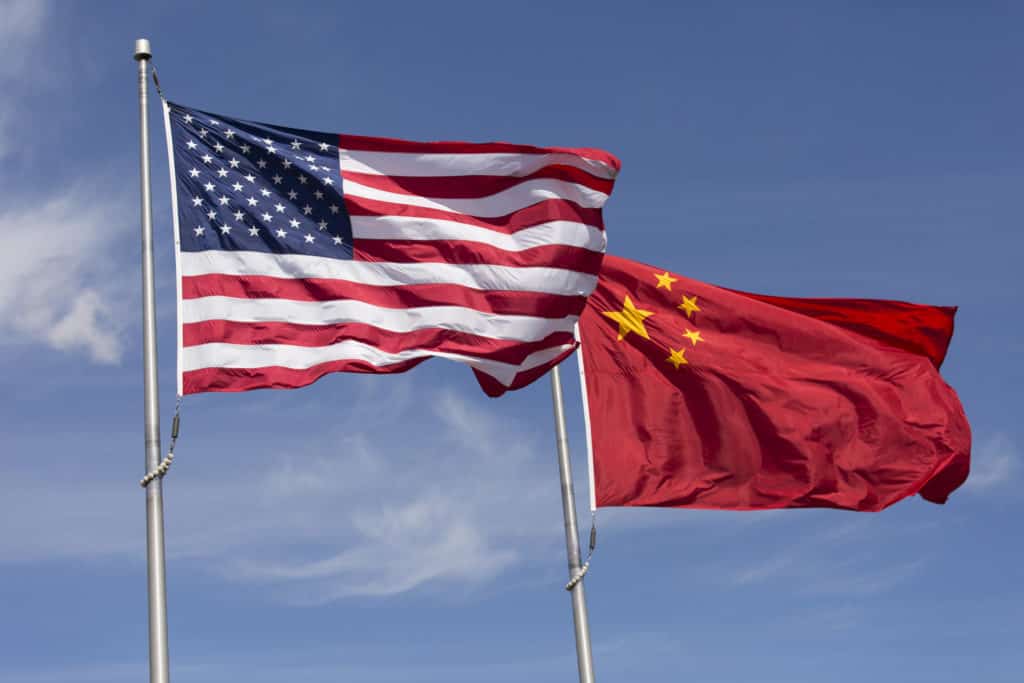
NORTHFIELD—Norwich University’s John and Mary Frances Patton Peace & War Center will host the second Peace and War Summit, which will address the escalating U.S.-China rivalry in 11 virtual sessions held over seven weeks from March 3 to April 21.
The summit will highlight military/security, economic, cyber and technological challenges and follows Norwich’s tradition of hosting leading scholars and policy experts to examine significant international issues, recommend viable solutions and educate future leaders through student participation.
The summit’s live virtual presentations, which are free and open to the public, will run on Wednesdays for seven weeks. For more information and registration, please visit www.norwich.edu/pawc/events/2953-2021-peace-and-war-virtual-summit.
The second Peace and War Summit follows the inaugural summit, which was hosted at Norwich University’s Northfield, Vermont campus in 2019 and addressed North Korea’s nuclear and missile challenges.
The latest summit opens at 9 a.m. March 3 with keynote speaker Charles W. Hooper, who served 41 years in the U.S. Army and retired as a lieutenant general. Hooper spent much of his career focused on U.S. policy in the Indo-Pacific region, and specifically on the U.S.-China bilateral relationship. He completed two attaché assignments in Beijing, including as U.S. Defense Attaché to China, serving for a total of seven years in China. He also served as the senior country director for China, Taiwan, and Mongolia Policy in the Office of the Secretary of Defense, in addition to teaching Chinese foreign policy to rising U.S. military leaders at the Naval Postgraduate School.
U.S.-China relations, the upcoming summit’s topic, matter for three primary reasons:
Disputes and cyberattacks. Exclusive Economic Zone (EEZ)/maritime disputes in the South/East China Seas; Taiwan-North Korea conflicts and relentless cyberattacks. All of these could lead to human casualties and economic shocks.
U.S.-China trade disputes. These continuing conflicts could threaten the liberal international economic order established after World War II.
Shared global responsibility. The global community’s fate may hinge on how well the United States and China manage climate change, natural disasters, financial instability, the war on terrorism and nuclear proliferation.




